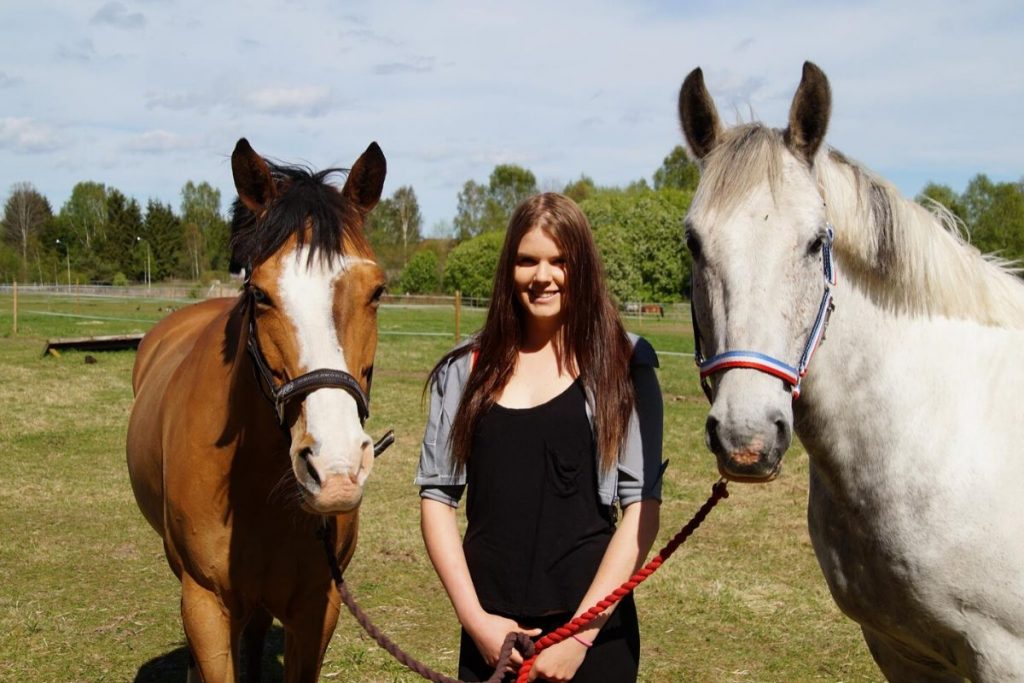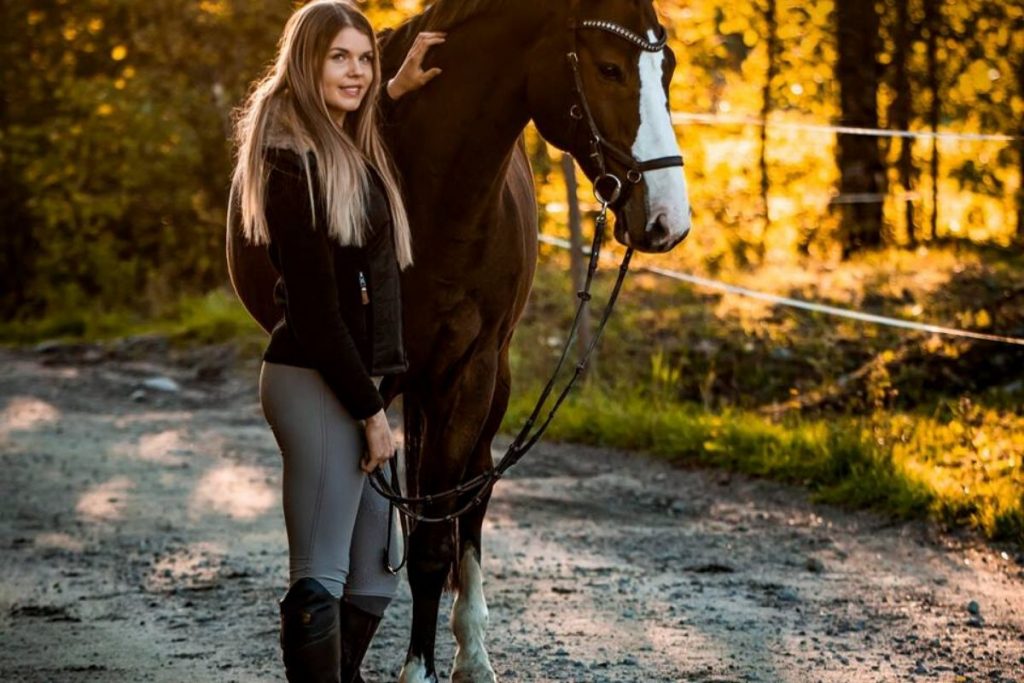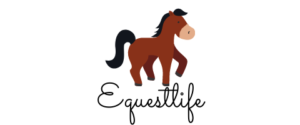We all know that horses have a plant-based diet that involves apples, sugar cubes, and carrots. It’s a trope in most television shows. Though certain foods are pretty obviously horse-friendly, others aren’t always so clear.
Can horses eat lettuce, celery, and cabbage? Celery is a nutritious treat for horses that they regularly enjoy. Lettuce, though not very nutritious, is still edible for horses. Cabbage, however, is not deemed safe for horses to eat.
If you are new to caring for horses, it’s important to understand where foods like lettuce and cabbage stand in a horse’s diet. This quick article will help you understand how your horse will react to these foods.
Can Horses Eat Lettuce, Celery, and Cabbage?

Horses generally are open to eating all sorts of vegetables, but not all vegetables that humans eat are edible for horses. While it is safe to give a horse lettuce or celery, equines do not fare well with cabbage.
Regardless of what veggie you want to offer your horse, it’s crucial to understand how each vegetable will interact with your horse’s body. After all, nutrition matters.
Can Horses Eat Cabbage?
This is not a “black and white” answer, but the general answer leans towards no. Cabbage isn’t inherently poisonous for horses. There are no toxic compounds that will instantly kill it. However, it’s still dangerous for horses to have for other reasons.
Why Can’t Horses Eat Cabbage?
At first glance, it’s pretty baffling to learn that horses can eat lettuce and celery, but not cabbage. Most people who find this out immediately want to know why which is why we’re tackling this question first.
The reason why cabbage must be avoided deals with the gassy side effects it gives. When humans eat too much of it, they get a little gassy, and the gas gets passed. Horses don’t have the right stomach lining for this, nor do they have the ability to throw up.
Horses do not have the ability to deal with gas colic, which in turn can cause serious digestive problems. If a horse gets a bad case of gas colic, it can turn lethal. Because of the potential risks, it poses to horses, eating cabbage is not advised.
Is There Any Safe Amount Of Cabbage Horses Can Eat?
The jury is still out on this one, but some veterinarians will keep a maximum amount of daily cabbage at two to four ounces per day. Even though they can technically eat it, it’s still not worth the risk.
If your horse somehow gets fed more than four ounces of cabbage, it may be a wise choice to call a veterinarian. Depending on how much your horse ate, immediate medical attention could be required to save his life.
Can Horses Eat Lettuce?
Lettuce looks a lot like cabbage, but it’s far safer. Much like cabbage, horses tend to enjoy the nice crunch it offers up. Unlike cabbage, you can give as much lettuce as you want to your horse without it being potentially lethal.
Is Lettuce Good For Horses?
Though lettuce is not poisonous for horses, there are still drawbacks to it. For both humans and horses alike, lettuce offers little but empty calories. Horses won’t get any vitamins or minerals they need to survive. They may not even get any noticeable caloric value from it, either.
That being said, while it’s not good for horses, it’s still a treat your horse can get on a regular basis without too much of an issue. If you can’t find a more nutritious way to treat your horse, lettuce can do in a pinch.
Can You Give Your Horse Too Much Lettuce?
Like with any other treat, it’s possible to have too much of a good thing. If your horse eats too much lettuce, it can cause them to lose their appetite for other foods. It’s best to feed your horse a maximum of two pounds of lettuce per day.
Can Horses Eat Celery?
Out of all the vegetables we’ve talked about, celery is one of the most nutritious for horses. Celery offers a nice range of vitamins and minerals that benefit horses, including the ones below:
- Vitamin C. Celery contains small amounts of Vitamin C, which can help boost your horse’s immune system.
- Fiber. Every horse needs aa fair amount of fiber in their diet. Celery can provide that in droves.
- Vitamin A. Much like with humans, horses need Vitamin A to improve their sight. Celery contains plenty of it.
- Collagen. Collagen is vital for your horse’s skin, ligaments, and tendons.
- Phosphorous. Phosphorous is a must-have if you want to maintain your horse’s teeth and bones.
How Good Is Celery For Horses?
Due to the high vitamin, fiber, and water content of celery, it’s safe to say this is one of the better treats you can offer a horse. Horse owners who are particularly concerned about their horse’s health would be wise to include celery as a go-to snack.
As a treat, it’s hard to get a better option than some fresh celery. In terms of supplementation, celery is a great addition to your horse’s regular diet. Many ranchers choose to add a head of celery or two to their horse’s meals every week, just to make sure their horse gets the nutrition they need.

Can You Give Your Horse Too Much Celery?
Though celery is a wonderful supplement for your horse’s diet, it’s still possible to overdo it. Celery should be considered a treat–much like a bag of potato chips would be for a human being.
Celery isn’t a food that should act as a staple for horses, even though it’s fairly nutritious. Eating too much of it can cause weight gain or fill them up when they should be eating other foods instead.
How Much Celery Is Too Much?
A treat should be given in relatively light amounts, which means that you shouldn’t make it most of a horse’s diet. Veterinarians suggest sticking to a maximum of two pounds of celery per day.
Serving Lettuce And Celery To Your Horse
If you are interested in giving your horse a nice treat, it’s important to prep your vegetables for them. Thankfully, this takes less effort than it would for a person. Here’s how to prep your horse’s vegetables:
- Check the vegetables for fungus or rot. Horses can get sick from produce that’s past its prime. If your veggies have any rot, cut the rotten parts away first.
- Rinse your vegetables in water. A quick rinse will get rid of most dangerous bacteria that could harm your horse.
- Chop vegetables into smaller, bite-sized pieces. Though horses are ruminant animals, keeping vegetables in a smaller size will make it less likely that they’ll choke if they get too enthusiastic with their eating.
My Horse Won’t Eat Their Vegetable Treats! Is Something Wrong?
Horses might all have similar digestive tracts, but that doesn’t mean that they all have the same tastes. Each horse will have its own preferences when it comes to the foods they eat. This doesn’t mean your horse is sick, nor does it mean you should force them to eat it.
Though many horses enjoy the crunchy wateriness of lettuce, some won’t. On a similar note, many horses find celery to be somewhat bland or just can’t stand the smell of it. If your horse isn’t a fan of either vegetable, finishing their meal with an apple will do well.
If you are really set on them eating a new veggie or two, you might have better luck if you introduce their vegetables to them via a salad with some of the more “tried and true” options. Most horses will devour anything that’s next to apples and watermelons, so it’s worth a shot.
